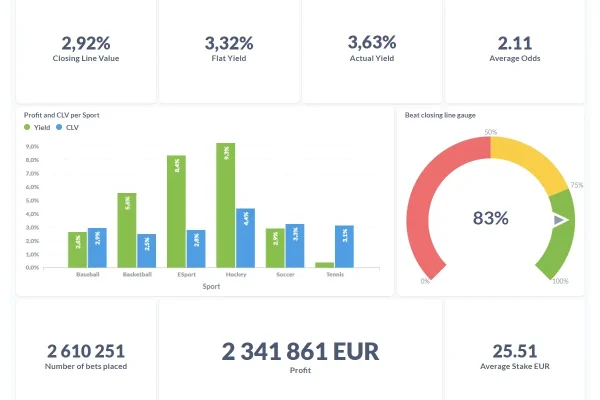You might picture a dusty hall, hushed silence, and the faint smell of stale coffee. That’s the old bingo. The new bingo? It’s vibrant, loud, and lives right on your phone screen. Honestly, it’s a revolution. Social media platforms have become the digital bingo halls of the 21st century, and the communities forming there are not just surviving—they’re absolutely thriving.
From Community Centers to Comment Sections: The Great Migration
So, what happened? Well, the core of bingo has always been community. It was never just about the game; it was about connection. The chat in the break, the shared excitement, the collective groan at a near-miss. When physical spaces became harder to access, that sense of belonging needed a new home. And social media was the perfect fit.
Platforms like Facebook, Instagram, and even TikTok didn’t just offer a way to play; they amplified the social aspect a hundredfold. Suddenly, you could play a game with hundreds, even thousands, of people from across the globe without leaving your couch. The migration was, in hindsight, inevitable.
The Secret Sauce: How Social Bingo Really Works
It’s not just about posting a bingo card image and shouting “Go!” The magic is in the execution. Here’s the deal on how these communities actually function:
Live Video is the New Bingo Caller
Facebook groups and pages host live-streamed games. A host—often incredibly charismatic—runs the show on video, calling numbers with flair and personality. Participants mark their digital or physical cards and interact in real-time through the comments. It’s immersive, fast-paced, and incredibly fun.
The Power of Niche Groups
You can find a bingo group for literally every interest. LGBTQ+ bingo nights, groups for specific fandoms like Harry Potter or Disney, communities for moms, you name it. This hyper-specificity means people aren’t just bonding over bingo; they’re bonding over shared identities. The game is just the catalyst.
It’s Not (Just) About Winning
Sure, small prizes like gift cards or bragging rights are common. But the real reward is the interaction. The comments section during a game is a blur of inside jokes, encouragement, and celebratory GIFs when someone wins. It’s a support network disguised as a game night.
Why It’s Working: The Psychology Behind the Screen
This isn’t just a fad. There are solid psychological reasons this model is so successful.
Combating Loneliness: For many, especially older adults or those who live alone, these groups are a vital daily social touchpoint. They offer routine and a guaranteed friendly conversation.
The Dopamine Double-Tap: You get the neurological hit from the game itself—the anticipation, the pattern recognition, the win. And then you get a second hit from the social validation of likes, comments, and shares. It’s a powerful one-two punch of feel-good chemicals.
Low Barrier to Entry: It’s free. It’s easy. There’s no dress code, no travel, and no pressure. You can be a silent observer or a chatty regular. This accessibility is key to building massive, inclusive online bingo communities.
The Platforms Leading the Charge
While you can find bingo energy everywhere, a few platforms are doing the heavy lifting.
Facebook: The Digital Hall
Facebook is the undisputed king, and for good reason. Its group functionality is perfect for organizing scheduled games, sharing files (like printable cards), and fostering ongoing discussion between games. The live video feature is the cornerstone of the entire experience.
Instagram & TikTok: Bingo’s Highlight Reel
These visually-driven platforms are where bingo culture gets showcased. Short, funny videos of nail-biting near-misses, celebratory dances, and trendy bingo-themed memes spread the joy and attract a younger, vibrant audience. It’s less about playing the full game here and more about sharing the vibe.
More Than a Game: The Unexpected Benefits
The impact of these communities often goes far beyond entertainment.
They’ve become a lifeline. During the pandemic, they exploded. They’ve been credited with helping people through grief, isolation, and anxiety. They foster a genuine sense of caring—members often share personal news, and the group rallies around them with support.
They’ve also become a surprisingly effective tool for small businesses and charities. Independent hosts build loyal followings, and charities use online bingo nights as fundraisers, reaching a wider audience than any local event ever could.
The Future of the Game
So, where does it go from here? The trajectory is pointing straight up. We’re starting to see more integrated apps that work within social platforms, smoother gameplay, and even more creative themes. The line between social media and online gaming will continue to blur.
The essence, though, will remain the same. It’s that primal human need to connect, to share a moment of excitement with others, to be part of a tribe. The bingo board is just the 5×5 grid that brings us all together. And in a world that can sometimes feel fragmented, that simple, shared joy is more valuable than any jackpot.













